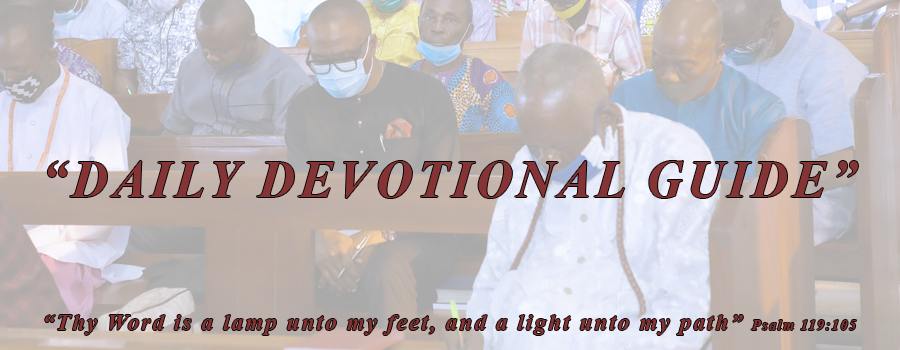Theme: DIALOGUE
Text: “And his servants came near, and spake unto him, and said, My father, if the prophet had bid thee do some great thing, wouldest thou not have done it? how much rather then, when he saith to thee, Wash, and be clean?” – 2 Kings 5:13.
Comment: Dialogue is a persuasive way of getting the other party to agree to one’s line of thought. In the narrative from which today’s quotation is drawn, Naaman, captain of the host of Syria, having been told that Elisha had the power to heal him, came down to Israel to be cured of his leprosy. But instead of coming out to effect the cure as Naaman expected, Elisha sent him a message that he should go and dip himself in River Jordan seven times. The record in the Scriptures shows that Naaman felt insulted and in his angry mood, he saddled his mule to return to Damascus. (Verses 11,12) It was James, the Apostle of Christ who stated: “For the wrath of man worketh not the righteousness of God.” (James 1:20) But his dutiful servants who would not want their master to continue to live with the disease mustered the bravery to engage him in a sober conversation, throwing in a mild rebuke as well, as in the text above. Persuaded by their superior argument, the cocky Naaman, stripped himself of his pride and dipped himself in the river as instructed “and his flesh came again like unto the flesh of a little child, and he was clean”. (Verse 14) King Solomon was inspired by God to say: “When pride cometh, then cometh shame: but with the lowly is wisdom.” (Proverbs 11:2) Also, Scriptures say: “Where no counsel is, the people fall: but in the multitude of counsellors there is safety.” – Proverbs 11:14.

